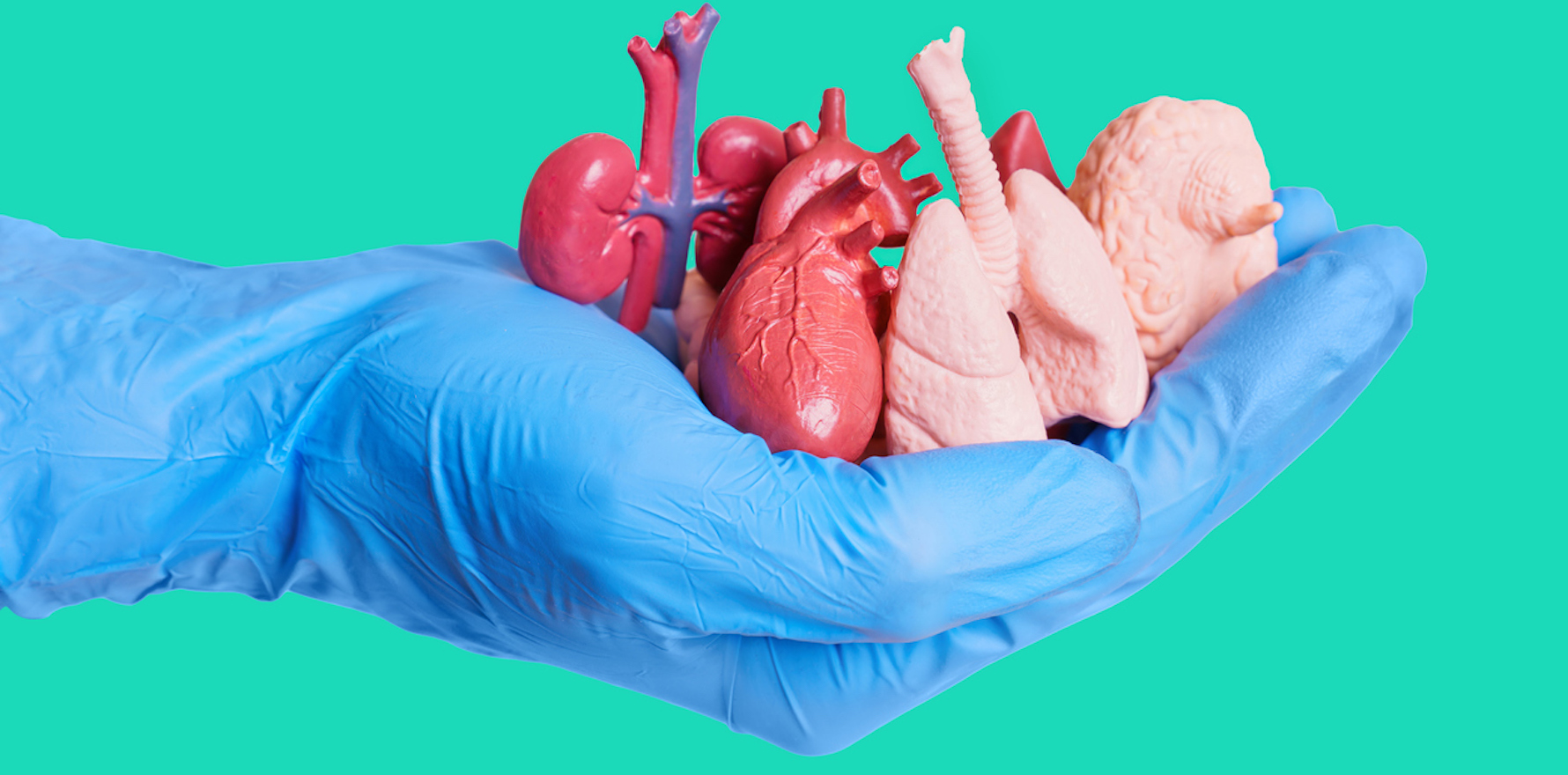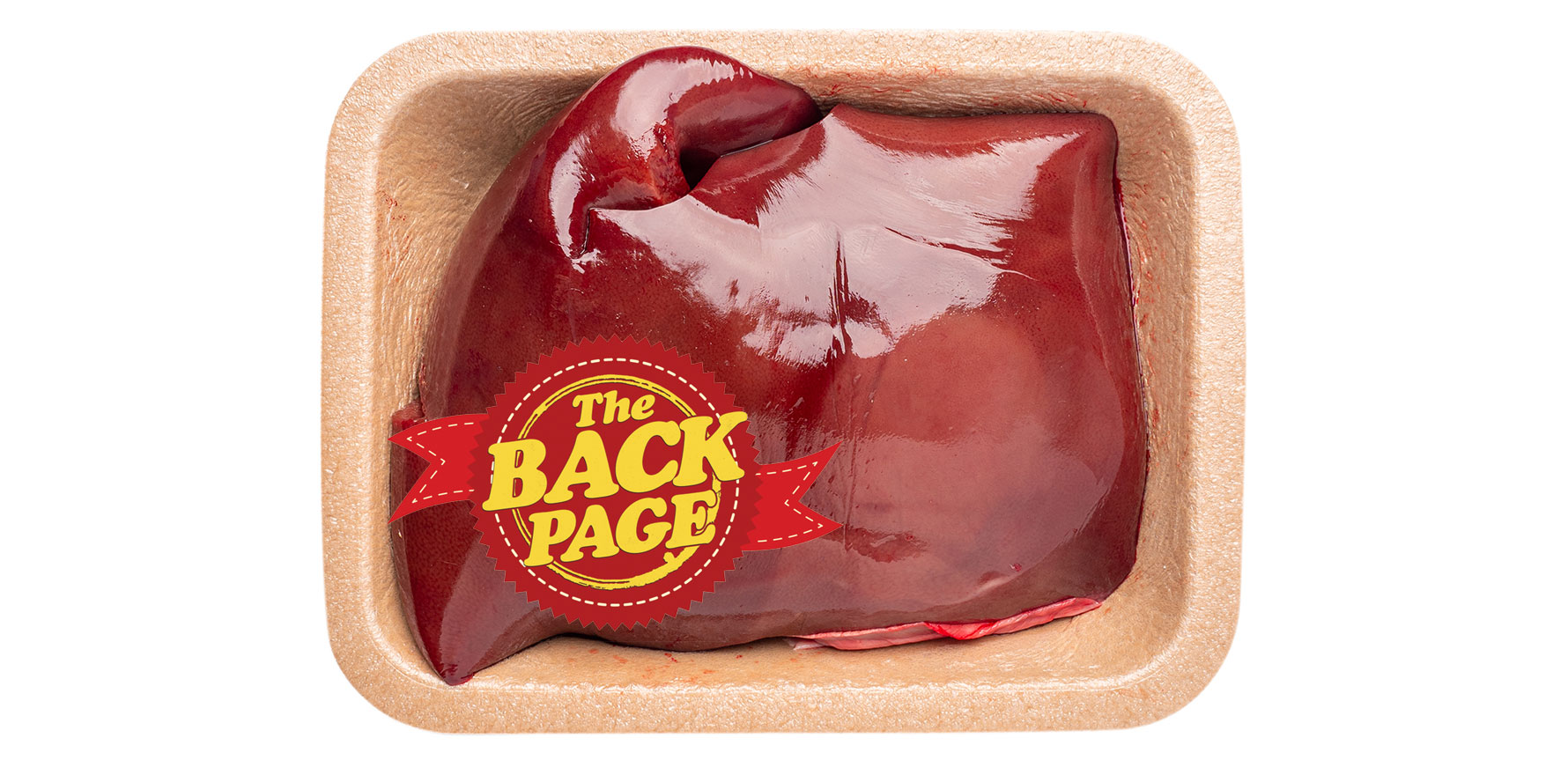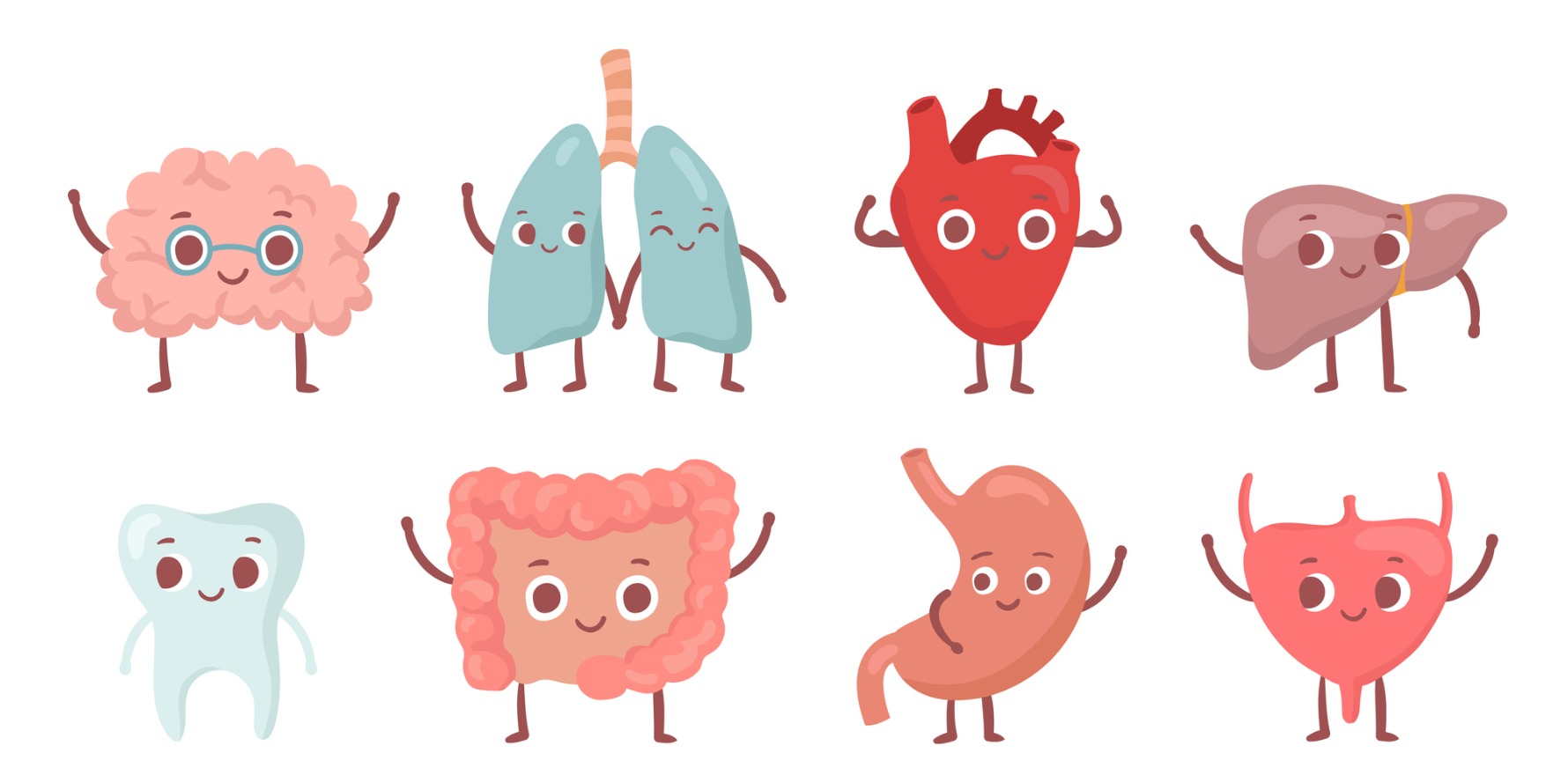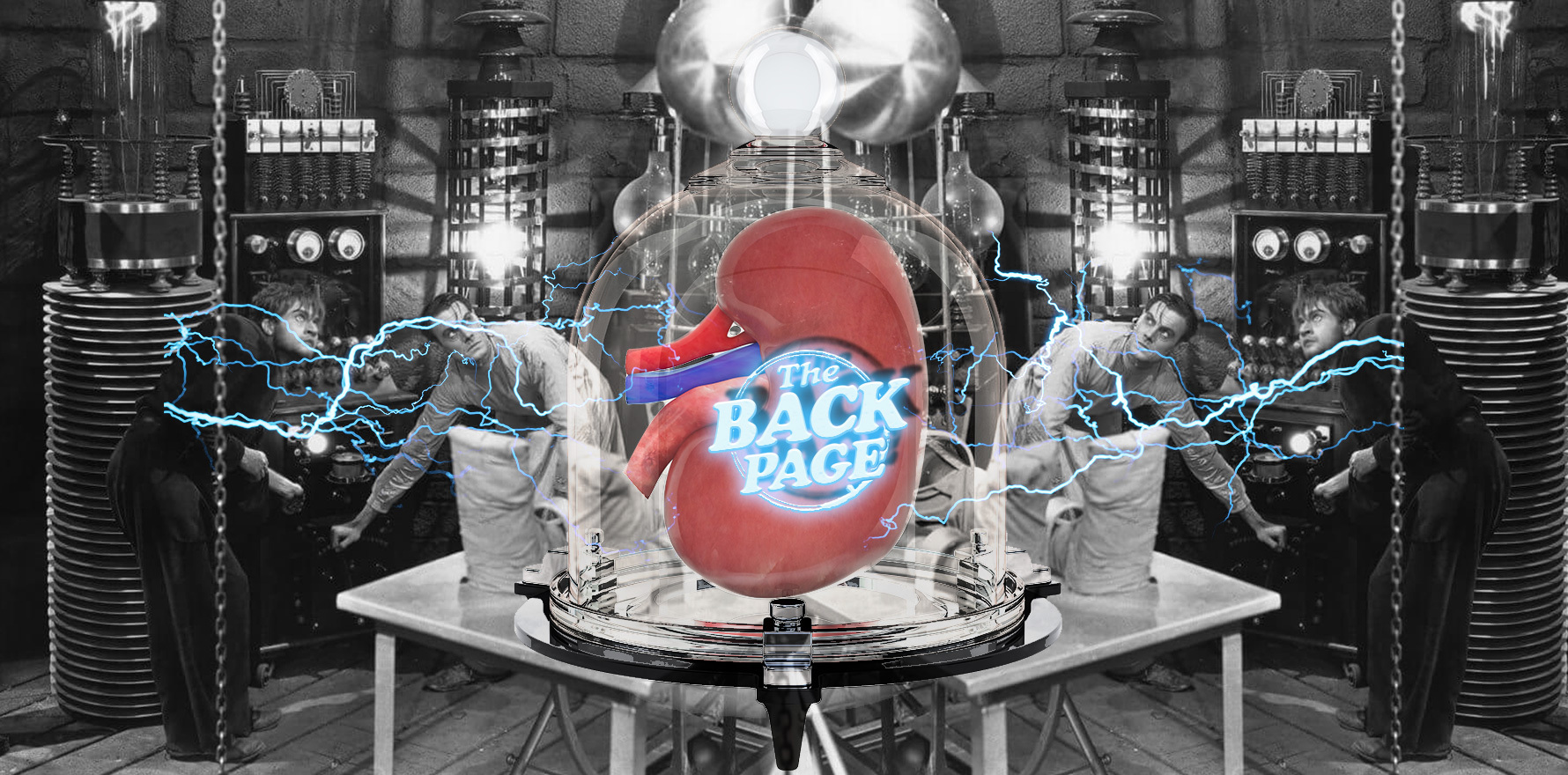It’s time for an opt-out system and to do away with familial rejection for registered donors, says one GP.
“If you’re going to be talking about recycling anything, we might as well be recycling our organs,” says GP Dr Chris Hogan.
Over 2020-21, organ donation saw a substantial 23% decrease due to the covid pandemic.
According to recent data released today by the Australian Donation and Transplant Activity Report, organ donations are continuing to increase, sitting at only 4% below pre-covid rates from 2019.
In 2024, 1328 lives were saved or significantly improved due to organ transplants.
Almost 530 deceased organ donors contributed to the program, a 3% increase since 2023.
Deceased eye donors increased by 10% to 1694.
But, the number of families open to organ donation remained low, falling two percentage points to 53% in 2024.
Speaking to The Medical Republic, Dr Chris Hogan, a GP with a special interest in transfusion medicine, said that GPs are often faced with opportunities to discuss organ donation when discussing a patient’s health journey or drawing up their will.
Dr Hogan said a lot of the information shared through social media remained narrow minded and health literacy remained remarkably low.
Although 80% of Australians support organ and tissue donation, only a third are registered to be a donor.
Of those registered, when it comes time to choose to consent to donation, only eight out of ten families with loved ones on the donors register consent to donation.
This drops to 40% for those not on the donor list.
Dr Hogan said the wishes of a person around the use of their organs and tissues postmortem should be upheld, irrespective of the wishes of their beloved, but that it was a matter of legislation, as was legislating an opt-out system.
“If you’re going to be talking about recycling anything, we might as well be recycling our organs,” he said.
Related
Dr Hogan said reticence from family members was often linked to uncertainty about the wishes of the deceased, pointing to having organ donation status on driving licenses as a way to circumvent this.
Currently, around 1800 Australians sit on the organ transplant waitlist, and 14,000 more are on dialysis and may benefit from a transplant.
In November, the government launched a new national strategy for organ donation, retrielal and transplantation, hoping to encourage more people to register.
Assistant Minister for Health and Aged Care Ged Kearney said that donors had given “the ultimate gift – a second chance at life”.
“While Australia’s organ and tissue donation activity has increased, our consent rate remains a challenge at 53%,” she said.
“A return to our pre-covid consent rate of 60%, would have seen an extra over 100 life-saving organ transplants in 2024.
“I urge all Australians to register and tell your family that you want to be an organ and tissue donor.
“It’s easy and only takes one minute at donatelife.gov.au or through Medicare.”





